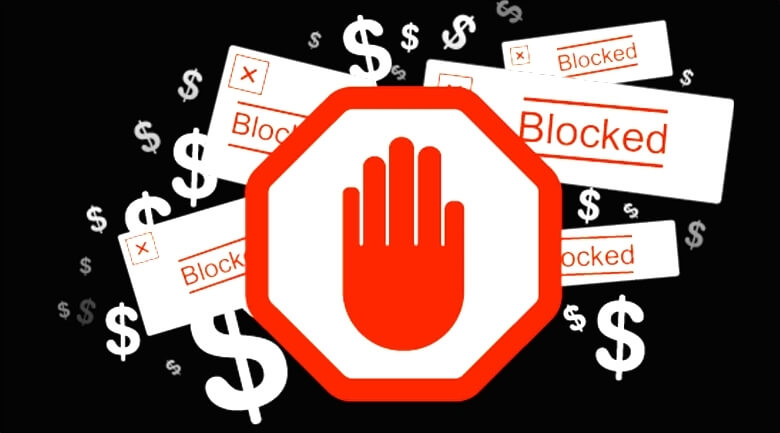
Some of the biggest newspapers in the US – including the New York Times, Washington Post, and Wall Street Journal - have attacked the new ad-blocking plans by Brave that will see the browser replace the publishers' ads with its own.
While there are some new browsers, such as Opera, that block ads altogether, Brave takes a different approach. It replaces advertisements, some of which Brave claims may contain malicious content, with ones from its own network that allegedly load quicker and “protect data sovereignty [and] anonymity.”
If a user elects to see these ads, they will be paid around 15 percent of the gross profits in Bitcoin, and are given the option to donate this to the publishers. Another 15 percent goes to Brave, and 15 percent goes to the ad partners. The publishers, meanwhile, receive around 55 percent of the revenues.
The Newspaper Association of America (NAA), a non-profit trade group representing 2,000 newspapers in the US and Canada, isn’t happy with the plan.
“[Brave’s] argument is, I will take $10 out of your wallet and give you $5 and aren’t you happy about that?” said David Chavern, president of the NAA
In what they are calling a ‘cease and desist letter,’ seventeen members of the NAA wrote: “Your apparent plan to permit your customers to make Bitcoin ‘donations’ to us, and for you to donate to us some unspecified percentage of revenue you receive from the sale of your ads on our sites, cannot begin to compensate us for the loss of our ability to fund our work by displaying our own advertising.”
The companies say the business model is “blatantly illegal.” Brave, which was founded by Mozilla co-founder Brendan Eich, says the NAA members have “fundamentally misunderstood” the company’s intentions.
The startup says it is offering a solution that benefits everyone, and points out that - with an increasing number of people turning to ad blockers - this method will at least bring some revenue to the publishers, which is better than nothing at all.
You can read Brave’s extensive response to the NAA letter here.
https://www.techspot.com/news/64391-publishers-call-brave-ad-blocking-browser-blatantly-illegal.html